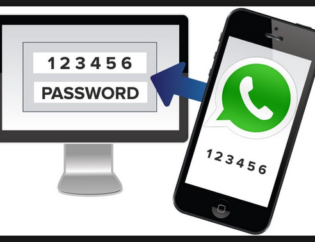
Nowadays, submitting a tax return is just the first step to paying taxes or getting a refund. You also need to watch for tax scams meant to rob you of your hard-earned money. Tax scams involve a variety of methods to access refunds. Worse yet, these scammers steal personal information that could lead to identity theft. Recovering your identity and the ability to obtain credit often takes years to resolve. Last year, identity theft shot through the roof, much of it caused by tax-related fraud.
Even the most sophisticated taxpayers fall for these tax scams. The key to keeping your personal information safe requires arming yourself with knowledge. We’ve listed the most prevalent tax scams below. We also recommend reading the IRS Taxpayer Bill of Rights so you know when someone’s trying to scam you.
Scam Phone Calls
Never provide a credit, debit, prepaid debit or gift card to someone claiming to be from the IRS or the Treasury Department. This type of tax scam involves someone claiming to be from the IRS who demands a wire transfer request. Some thieves threaten to involve the police or immigration if you do not pay immediately. This kind of a threatening demand is another sign of a tax scam, so hang up immediately. The IRS does NOT call people to demand payment, so anyone threatening you via the phone is up to no good. If you do owe money, the IRS will send a letter stating the balance still owed.
Email Phishing Tax Scams
According to the IRS, email and text phishing tax scams are also on the rise. These schemes involve using the IRS name or logo to make the email look authentic.
The email typically comes from someone you trust, such as an accountant, bank or even the IRS itself. If the email comes from someone you personally know, the person’s email account was hacked, and the cyber criminals took over the account to send phishing emails to their contacts. This type of email request usually redirects you to an authentic-looking IRS website. Once you visit the website, you’re asked to provide personal information information, such as a social security number or PIN number. The criminals then use this information to steal even more of your personal information or access your bank accounts. Ignore these emails, as the IRS never initiates contact via email. Instead, report the email to phishing@irs.gov.
According to the IRS, one of the latest email phishing tax scams involves someone purportedly sending email from the Taxpayer Advocacy Panel (TAP). The email claims you have a tax refund coming. But TAP is made up of a group of citizen volunteers who provide recommendations to the IRS, so there’s no reason they would send an email about your tax refund. Sadly, the thieves use any information provided to create false returns.
Learn more about email phishing scams in our recent blog post.
False Tax Return Scams
There’s nothing like the shock and confusion felt when you file a tax return online, only to discover someone else filed before you. While the IRS has put safeguards in place, such as raising a red flag when a return shows a different home address or employer than last year’s return, these tax scams can still cause lots of headaches. The best way to avoid this scam is to file your tax returns early to beat the bad guys from doing so first.
Staying on top of tax scams and knowing what to do when you spot one is the key to safeguarding your tax and personal information. By being aware and not playing into the scammer’s hands, you’ll be able to bask in the knowledge that your data is safe and any refund you expect is on its way.










